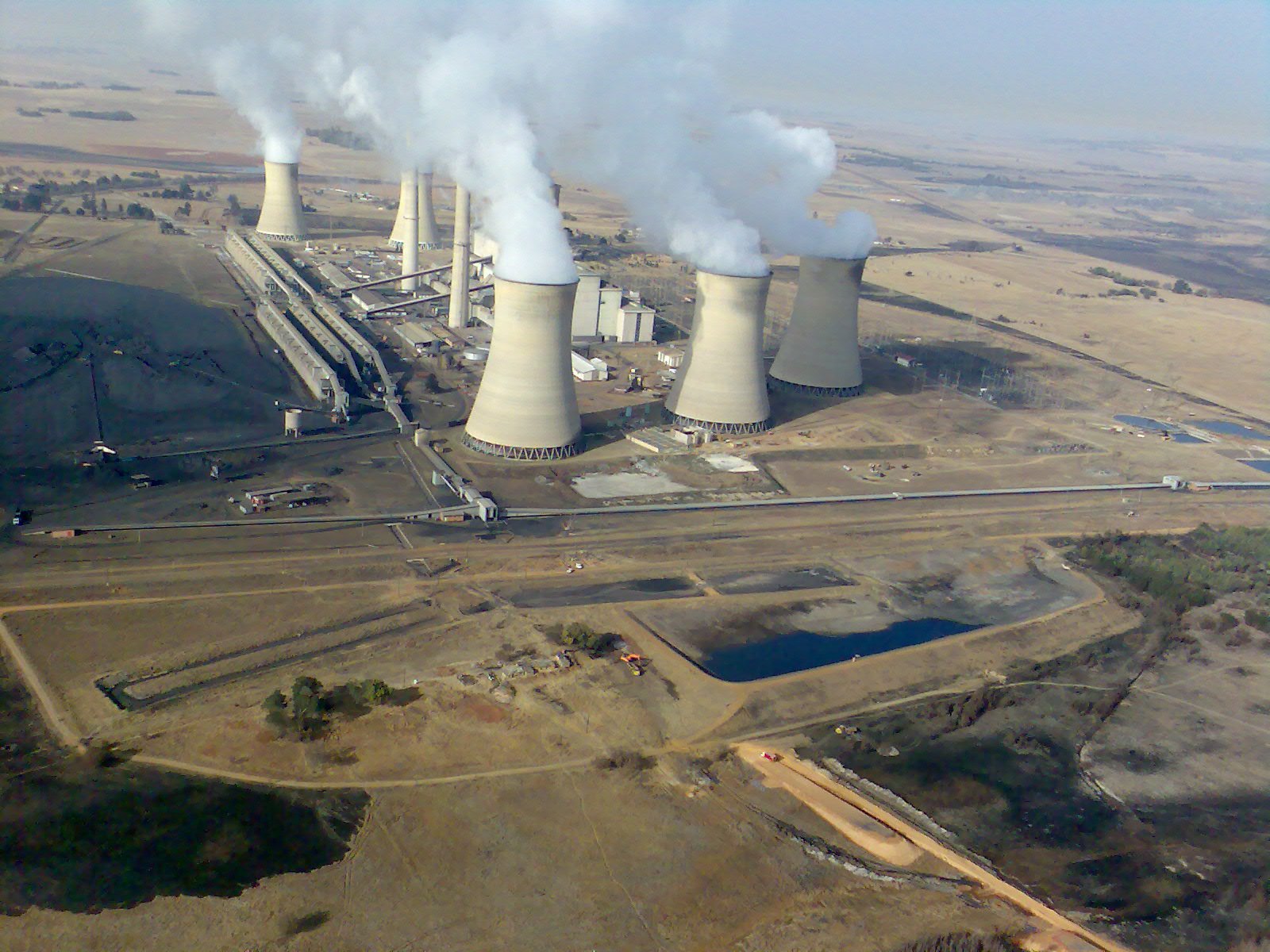Installing meters to help municipalities avoid increasing Eskom debt
By the end of December last year, municipalities owed the State-owned power utility some R56.3 billion for electricity supply.

- Country:
- South Africa
Deputy Minister of Cooperative Governance and Traditional Affairs, Thembi Nkadimeng, says Finance Minister Enoch Godongwana’s announcement that National Treasury is working with Eskom to find solutions to municipal debt will come as some relief to cash strapped municipalities.
By the end of December last year, municipalities owed the State-owned power utility some R56.3 billion for electricity supply.
In his Budget Speech delivered on Wednesday, Godongwana said government is working on a solution “wherein Eskom will provide incentivised relief to municipalities whose debt is unaffordable”, with conditions including the installation of prepaid meters in homes.
Speaking to SAnews, Nkadimeng said installing the meters will assist municipalities to avoid increasing their Eskom debt.
“Many municipalities wanted to put smart meters but they [couldn't] afford it and households could not afford to buy smart meters on their own. So... this relief – even if the municipality is not able to write off that debt – means that [municipalities] will not be moving from incremental debt. So what you are consuming today, you buy it and you pay for it. I think they [municipalities] got a better deal than all the other years.
“[Overall] I am happy and of course, the budget will never be able to cover everything because of the limitation of resources. Close to R6.8 billion will be going to municipalities mainly to improve their equitable share. They are also able to improve on their infrastructure development,” Nkadimeng said.
Disaster relief, improving water infrastructure
On the R1 billion allocated to disaster relief, Nkadimeng told SAnews this will allow for interventions to move even more speedily.
“There’s a top up R560 million out of the [R1 billion] that has been cleared in terms of disaster [relief]," the Minister said, adding that it was a positive development that these funds were not "coming from an allocation that was meant for something else".
Water and Sanitation Minister, Senzo Mchunu, said government’s allocation of some R121.3 billion over the next three years for water infrastructure will go some way to address the backlogs government is facing.
“[That is] positive... It is not something that we can easily say 'it’s enough', because we are actually dealing with backlogs. We are dealing with a historical deficit, where even the existing infrastructure was only concentrated in very small [mostly urban] places, but water is required today all over the country, including rural areas, where no infrastructure whatsoever existed.
“It’s something that we are chasing from behind and it’s going to be like that for some time. So on that score, it’s difficult to say it’s enough but at least we have something at hand to face infrastructure, even though part of it is to repair, replace and do all sorts of things on the existing infrastructure.
“Even there in the urban areas, there are now more people than the existing infrastructure. So it’s quite a difficult balance,” Mchunu said.
(With Inputs from South African Government Press Release)
- READ MORE ON:
- Eskom
- Thembi Nkadimeng
- National Treasury










